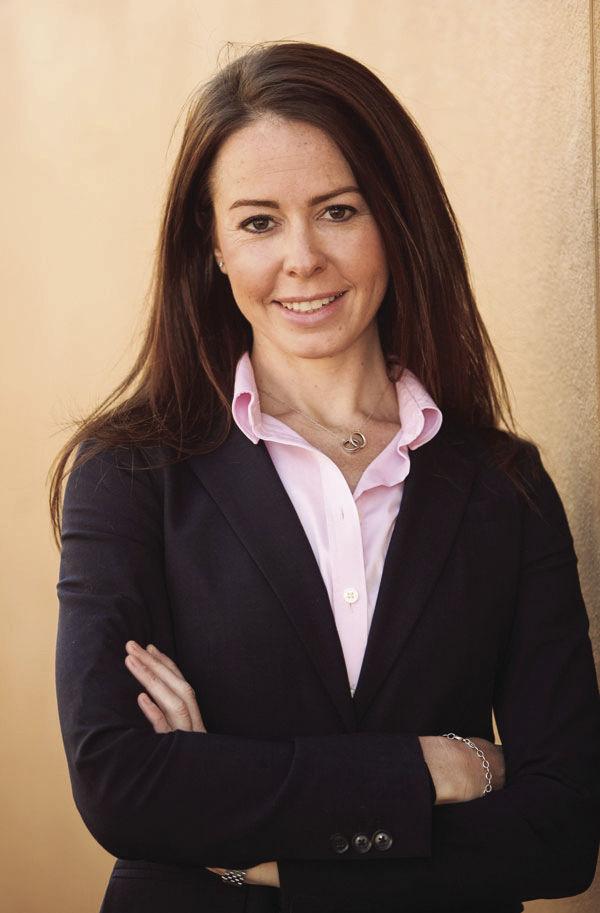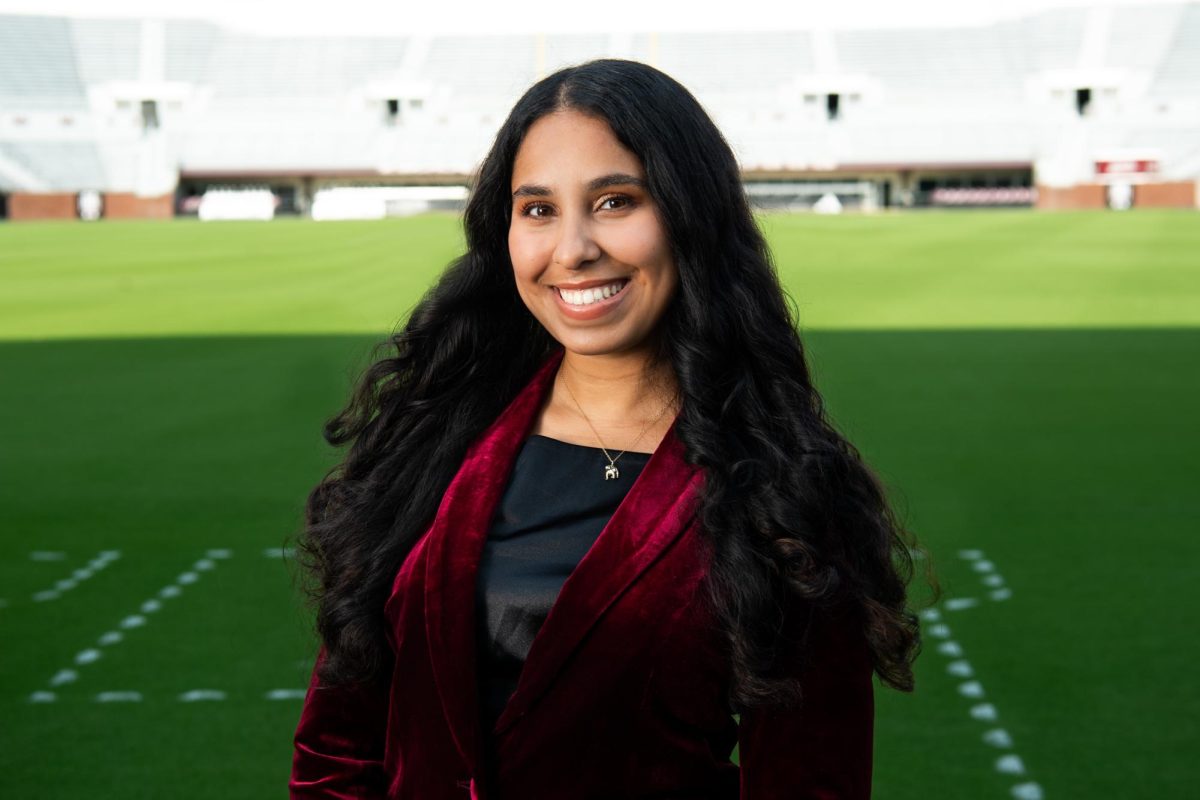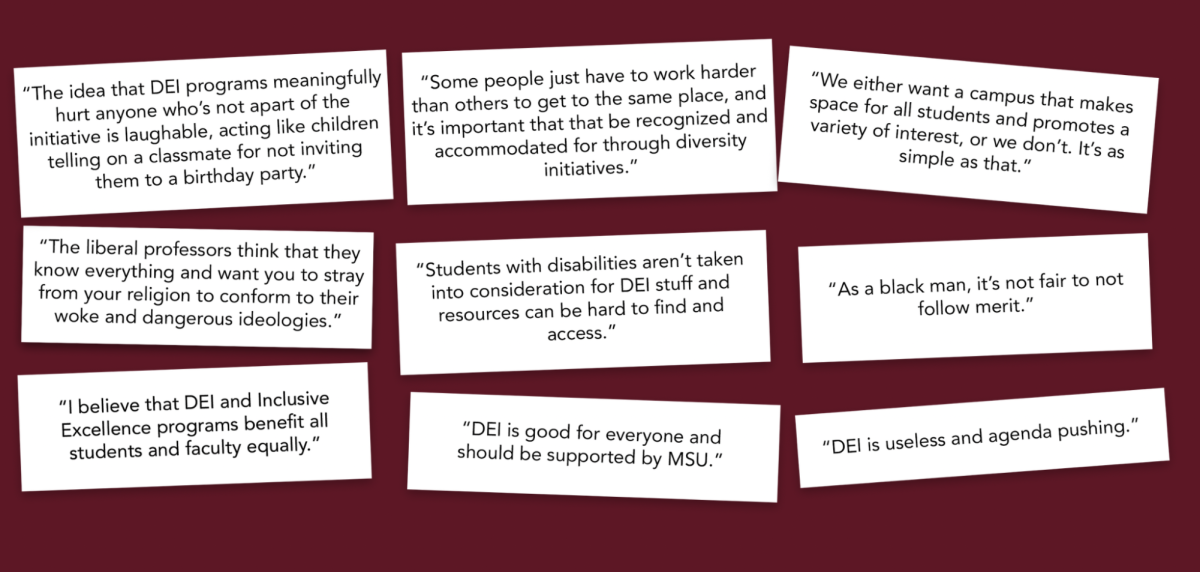Mississippi State University assistant professor of sociology Margaret A. Hagerman attended the annual meeting of the American Sociological Association from August 10-13 where she received a national book award for her non-fiction book that details how children with privilege view racial inequality in today’s world.
Hagerman is the recipient of the 2019 William J. Goode Book Award, an award given by the American Sociological Association Family Section for her 2018 New York University Press work, “White Kids- Growing Up with Privilege in a Racially Divided America.” This award is given annually to a published sociology book that has made an impact in the field of family research.
This is not Hagerman’s first recognition for excellence in the field of sociology. According to a press release from MSU, Hagerman received the 2016 Graduate Faculty Mentoring Award from the Department of Sociology. In 2018, she was also presented with the MSU Diversity Award by the MSU President’s Commission on the Status of Minorities. She also obtained a position with the Southern Sociological Society, where she was elected to serve as an executive committee member for a three-year term.
Hagerman said she was surprised and honored to be receiving the award.
“I was very surprised when I found out that I would receive this award, and I feel very honored that the Family Section of the American Sociological Association would recognize my research and my book.” Hagerman said.
According to Hagerman, her research-based book delves into how affluent teens and children see racial inequality, and how it affects them on a personal level. “White Kids” describes the differing views that children with privilege have regarding race in the wake of societal issues such as police violence and unequal educational opportunities.
Hagerman first started her research for the ethnography, a process that took around seven years, in graduate school by interviewing middle-school aged children.
Based on ethnographic observations and extensive interviews over several years, Hagerman was able to create her book and document the different ways in which children comprehend messages about race, racism and racial inequality.
The book also goes into detail about the impact families have on their children’s views of race and privilege today through the unintentional messages they convey, such as their choice of school, their peer groups or the neighborhood where they live, Hagerman said.
“What I really try to document in the book is that it’s really about all these decisions that parents are making. All of these different things shape their children’s environment, and it’s through that environment that children are receiving messages about race,” Hagerman said.
One challenge Hagerman faced was conveying her research in a way that would clearly show her research to both researchers and parents alike.
“Writing for two different audiences was challenging for me because I wanted to write it in a way that was accessible to many outside of sociology, but I also wanted to write it in a way where sociologists would be able to fit it into existing literature,” Hagerman said.
According to Hagerman, responses for her book have been generally positive, with many parents reading the book for critical insight and discussing how they can teach their children to be more aware of racial inequality. Many in the field of sociology have read the book as well.
Courtney Heath Windhorn, MSU sociology graduate, enjoyed the book and thinks it will educate and bring awareness to a prevalent issue.
“I pre-ordered it as soon as I could and read it immediately after it arrived. It is truly an excellent example of thoughtful, critical and well-done qualitative work. It is inspiring a much-needed discussion about how racism is reproduced and reinforced in white families, schools, and neighborhoods,” Windhorn said.
Overall, Hagerman’s goal is to open dialogue on complex racial relations that can lead to informed change concerning how parents raise their children.
“I think my big push is for parents to actually have these conversations and to educate themselves and their children about the history of racism in America and contemporary racial dynamics. I think my research is having an impact, at least in terms of the parents I’ve spoken to who want to make different decisions about their children’s lives moving forward,” Hagerman said.
MSU sociology professor receives award for book “White Kids”
Margaret A. Hagerman | Courtest Photo
Margaret A. Hagerman is the 2019 recipient of the ASA’s William J. Goode Book Award.
0
Donate to The Reflector
Your donation will support the student journalists of Mississippi State University. Your contribution will allow us to purchase equipment and cover our annual website hosting costs.
More to Discover





















































































